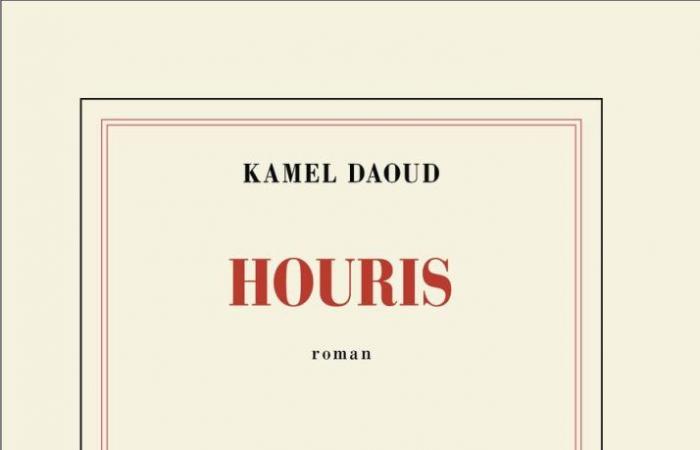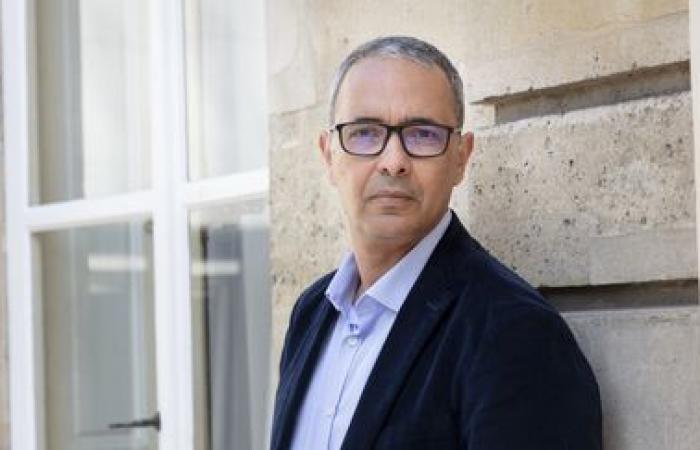Kamel Daoud gives a voice to a woman who has lost hers, a victim who cannot recover from having had her throat slit and not being dead.
She rebels in her own way, tries to live in her hairdressing salon facing the mosque, defying the bearded men who view her in a very negative light. Everywhere she goes, her “smile”, a trace of the failed throat-slitting, revives the past that Algeria wants to bury. On her way, she meets Aïssa, a man who has also suffered horror.
Witness to the massacre of around ten decapitated soldiers, he escaped death because they wanted him to be a witness to what the Emirs (the terrorist leaders) and their gangs were capable of.
To evoke the civil war that destroyed Algeria between 1992 and 2002, Kamel Daoud chose literature, the only language capable, for him, of conveying the horror of this hidden episode.
In today’s Algeria, the inner voice of a woman, a survivor of the killings, speaks to the unborn child to tell him what this decade was like and tell him about the daily life of a country which has not yet achieved its reconciliation.
Houris shows the terror from within, the difficulty of rebuilding oneself as a living dead person. By alternating three stories of the victims of the civil war, by also playing on temporality (the story is not linear, which adds to the anguish that emerges) and by giving a very dense text to read, Kamel Daoud allows to better understand this part of History still little known by the French and denied by the Algerian government.
The story is sometimes complicated to delve into because Daoud describes to us directly, through mastered writing, the cruelty of men.
A powerful, trying political novel, monumental in its force and its fever…One of the great novels of this literary season.
.Kamel Daoud, « Houris », Gallimard, 416 p







